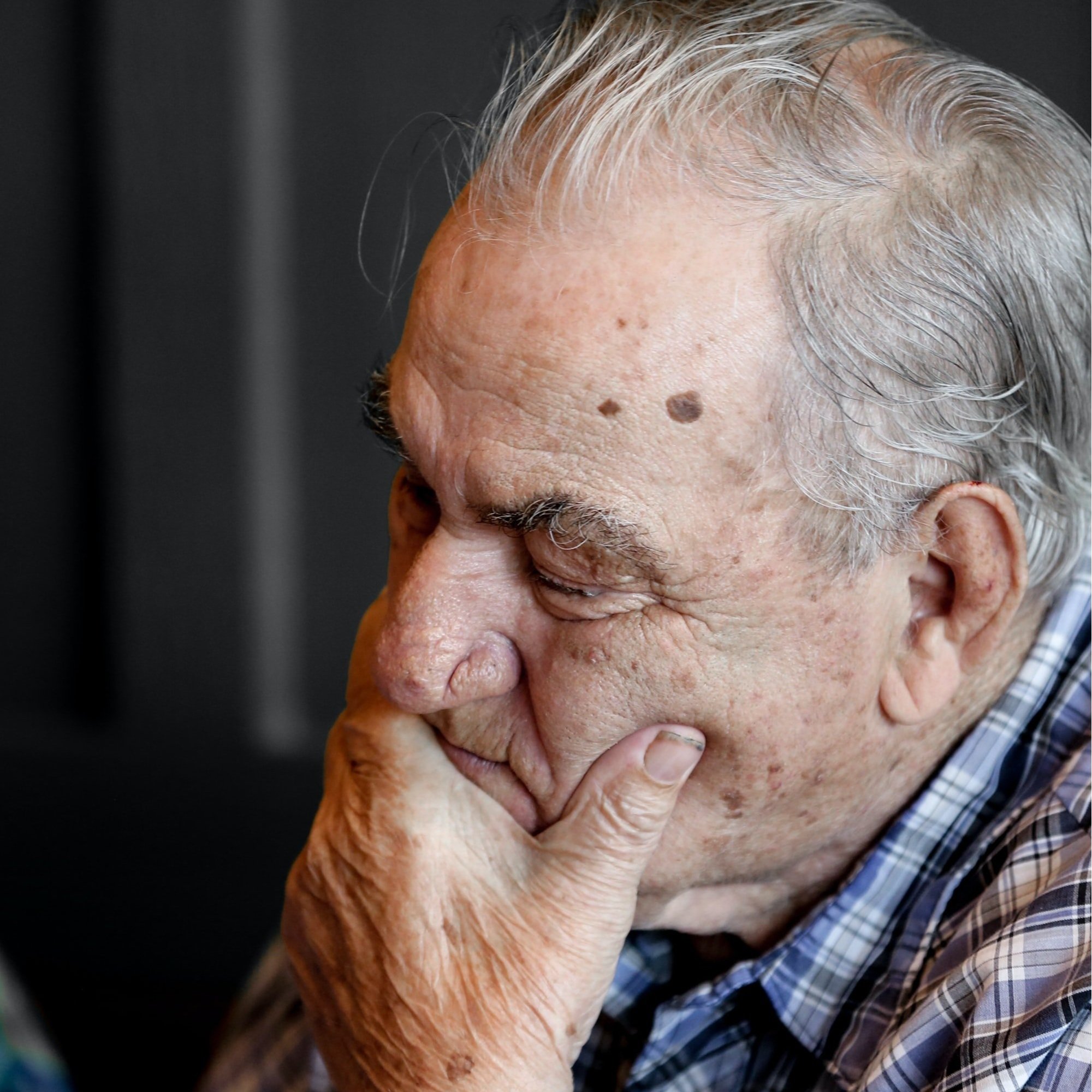Phase III trials of a new lung cancer treatment have demonstrated such an unprecedented degree of effectiveness in decreasing the risk of death or recurrence from the disease that medical researchers are saying it will change the way the world deals with lung cancer.
After embarking on phase III trials, the drug Tagrisso’s (osimertinib) early results yielded such “overwhelming efficacy” that the appointed data monitoring committee for the trial – known as ADAURA has decided to unblind the remaining steps, meaning that both patient and administrator will be informed as to who has received the drug and who has received the placebo.
At two years, 89% of all patients in the trial treated with Tagrisso remained alive and disease free versus 53% on placebo. Consistent disease-free survival results were seen across all subgroups, including patients treated with surgery followed by chemotherapy and those who received surgery only, as well as in Asian and non-Asian patients.
“We are thrilled by the recommendation to unblind the Phase III ADAURA trial much earlier than expected and are incredibly excited with these unprecedented results in patients with early-stage EGFR-mutated non-small cell lung cancer,” said José Baselga, Executive Vice President in Oncology R&D at AstraZeneca, the developers of Tagrisso.
“Lung cancer is a devastating diagnosis and for the first time an EGFR-targeted medicine can now provide the hope of cure.”
Changing the field
Lung cancer accounts for the most cancer deaths worldwide in both men and women, totaling one fifth of all cancer deaths – more than prostate, breast, and colorectal cancers together. 85% of lung cancers are categorized as non-small cell lung cancer (NSCLC), the variety which Tagrisso is designed to treat.
Around 10-15% of NSCLC patients in the US and Europe, and 30-40% of patients in Asia have NSCLC tumors with particular mutations in their epidermal growth-factor receptor genes (EGFRm). These patients are shown to benefit more from treatment with Tagrisso, as the drug works as a tyrosine-kinase inhibitor – blocking the growth signals which are taken up by the mutated receptor genes and cause the cancer cells to grow.
Roy S. Herbst, MD, PhD, chief of Medical Oncology at Yale Cancer Center who was chief investigator of the phase three trial data for Tagrisso claimed it would “change the practice of medicine,” also noting that the data was simply “transformative for patients with early-stage EGFR-mutated non-small cell lung cancer who face high rates of recurrence even after successful surgery and subsequent treatment with adjuvant chemotherapy.”
Proof of efficacy has led to countries around the world giving the all clear for physicians to administer or prescribe Tagrisso for NSCLC patients. Tagrisso is available in 40mg and 80mg once-daily oral tablets in 80 countries, including the US, Japan, China and the EU, for 1st-line EGFRm advanced NSCLC, and in 87 countries, including the US, Japan, China and the EU, for 2nd-line use in patients with another kind of NSCLC with a different kind of mutation in the EGFR genes.
Continue exploring this topic — Gut Microbiome Could be Better at Predicting Disease and Mortality Than Our Own Genetics


